Commonly Misused Words and How to Avoid Them
Words are the foundation of language, and using the right words is essential to communicate effectively. However, it’s not uncommon to come across people who misuse words in their everyday communication. Whether it’s due to lack of understanding, confusion, or simply a slip of the tongue, misused words can cause confusion and weaken your message. In this blog post, we’ll explore some commonly misused words and how to avoid them.
Affect vs. Effect
One of the most commonly misused words is “affect” and “effect.” While they sound similar and can be used as nouns or verbs, they have distinct meanings. “Affect” is typically used as a verb, meaning to influence or have an impact on something, while “effect” is typically used as a noun, meaning the result or consequence of something. For example, “The new policy will affect the company’s profits” and “The effect of the policy on the company’s profits was significant.”
Read also: Why English Precis Writing Matters and How to Improve Your Skills
Your vs. You’re
Another commonly misused pair of words is “your” and “you’re.” “Your” is a possessive pronoun used to show ownership, while “you’re” is a contraction of “you are.” To avoid confusion, remember that “you’re” is always used as a subject and “your” is always used as a possessive pronoun. For example, “You’re going to love this book” and “Is this your phone?”
There vs. Their vs. They’re
Many people also struggle with “there,” “their,” and “they’re.” “There” is used to indicate a place or location, while “their” is a possessive pronoun used to show ownership, and “they’re” is a contraction of “they are.” To avoid confusion, remember that “there” refers to a place, “their” is possessive, and “they’re” is a contraction. For example, “We’re going to meet there,” “Their new house is beautiful,” and “They’re going to love the surprise party.”
Read also: Avoiding Common Mistakes in English Precis Writing
Then vs. Than
“Then” and “than” are another commonly misused pair of words. “Then” is used to indicate a sequence of events or a time in the past, while “than” is used to make a comparison. To avoid confusion, remember that “then” refers to time, and “than” is used to compare things. For example, “I went to the store, then I went home,” and “I would rather go to the beach than the mountains.”
Check also; Uses of Prepositions MCQs | English Grammar MCQs
Its vs. It’s
“Its” and “it’s” are another commonly misused pair of words. “Its” is a possessive pronoun used to show ownership, while “it’s” is a contraction of “it is” or “it has.” To avoid confusion, remember that “its” shows possession, and “it’s” is a contraction. For example, “The dog wagged its tail,” and “It’s been a long day.”
Literally vs. Figuratively
Finally, “literally” and “figuratively” are often misused, leading to confusion and even humorous situations. “Literally” is used to indicate something that actually happened or is true, while “figuratively” is used to indicate something that is not meant to be taken literally. To avoid confusion, remember that “literally” means something actually happened, while “figuratively” is a figure of speech. For example, “I was so tired that I literally fell asleep on my feet,” and “He’s so tall, he could figuratively touch the sky.”
Conclusion
In conclusion, using the right words is essential to communicate effectively. Misusing words can lead to confusion and weaken the impact of your message. Therefore, it’s important to be mindful of the words you use and to understand their meanings. Remembering the distinctions between commonly misused words like “affect” and “effect,” “your” and “you’re,” “there,” “their,” and “they’re,” “then” and “than,” “its” and “it’s,” and “literally” and “figuratively” can help you avoid common mistakes and communicate more clearly.
To avoid misusing words, it’s helpful to proofread your writing carefully and to consult a dictionary or style guide when in doubt. Additionally, you can use online tools like Grammarly or Hemingway Editor to check for common mistakes and suggest corrections.
By paying attention to the words you use and taking steps to avoid common mistakes, you can communicate more effectively and convey your message with clarity and precision. So next time you’re tempted to use a word you’re not quite sure about, take a moment to double-check and make sure you’re using it correctly. Your audience will thank you for it!
Check also: 10 Japanese Proverbs that’ll Change How You Live Your Life
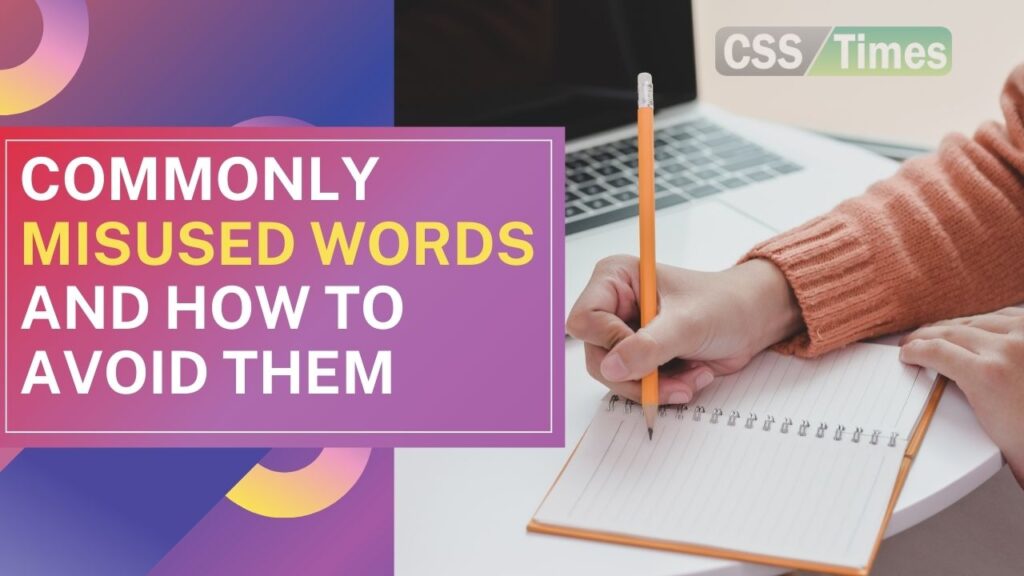

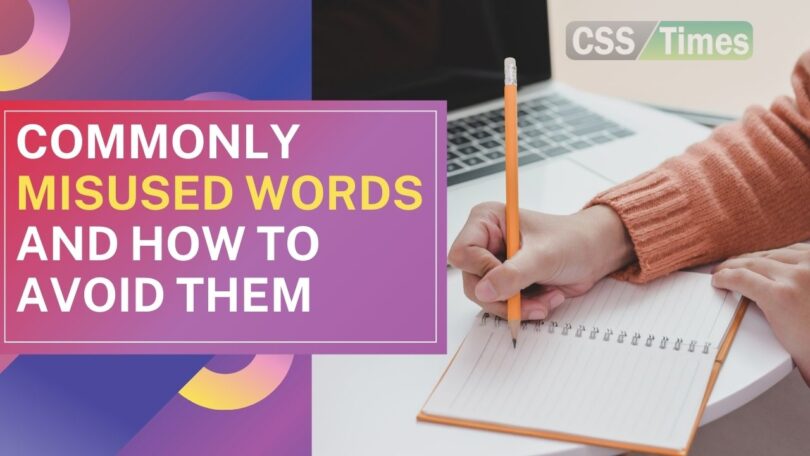
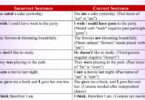


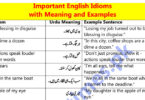
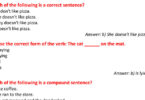

Please, give download option